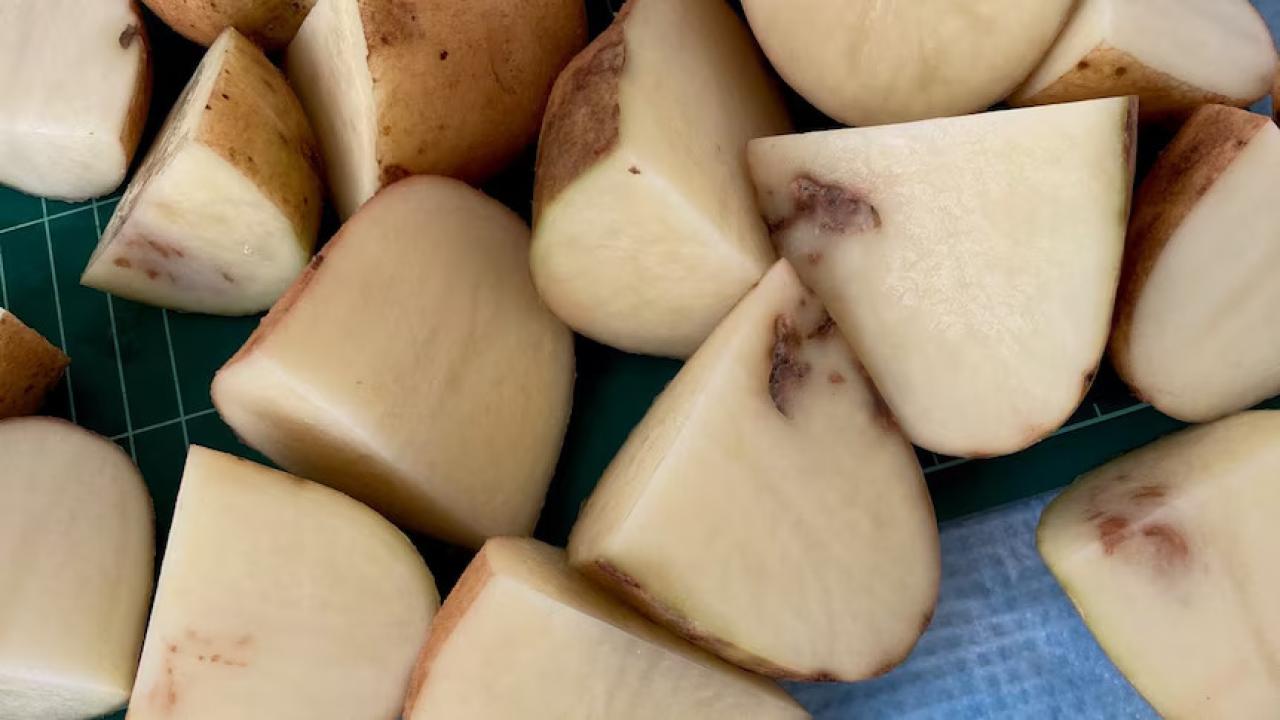State’s spud industry to take over mop-top response as Biosecurity Tasmania steps aside

Biosecurity Tasmania is handing over the reins for the management and response to the potato mop-top virus (PMTV) to the state’s spud industry.
The virus was first detected in potatoes harvested from a farm in the North West of the state in July and has since spread to locations around Tasmania.
In September, it was determined that it was not technically feasible to eradicate PMTV in Australia due to challenges such as the widespread presence of powdery scab, the virus's vector; difficulty detecting all infected areas; and the virus's ability to persist undetected in soil in the presence of powdery scab.
It came more than two weeks after Primary Industries Minister Gavin Pearce told the Tasmanian Country that the virus was here to stay.
“To the best of our knowledge, PMTV has not been eradicated anywhere it has been detected globally,” a Biosecurity Tasmania spokesperson said.
“Once the response winds down, PMTV will become a pest to be managed through the potato production process.”
Biosecurity Tasmania urged the state’s spud industry to establish reasonable crop rotations, follow good biosecurity hygiene practices, take steps to manage powdery scab and consider potato varieties that are more resilient to the virus.
“Biosecurity Tasmania will continue to work with the industry to understand how PMTV is best managed in Tasmania, particularly when it comes to market access requirements,” the department said.
“All directions previously placed on premises during the response will be lifted, and tracing and surveillance actions will cease.
“To support the ongoing management of PMTV, Biosecurity Tasmania will be issuing a General Biosecurity Direction (GBD) detailing measures to slow the spread of the virus in Tasmania.
“The GBD will provide guidance to growers, contractors and processors on measures such as clean down of vehicles and machinery to reduce the movement of soil and managing powdery scab as appropriate.”
The state government previously announced it would provide $200,000 to the Tasmanian Institute of Agriculture for a research program to help understand long-term management of PMTV.
Biosecurity Tasmania thanked the potato industry for its ongoing collaboration with the department during the PMTV response and the broader community for its understanding since the virus was first detected in the state.




Add new comment